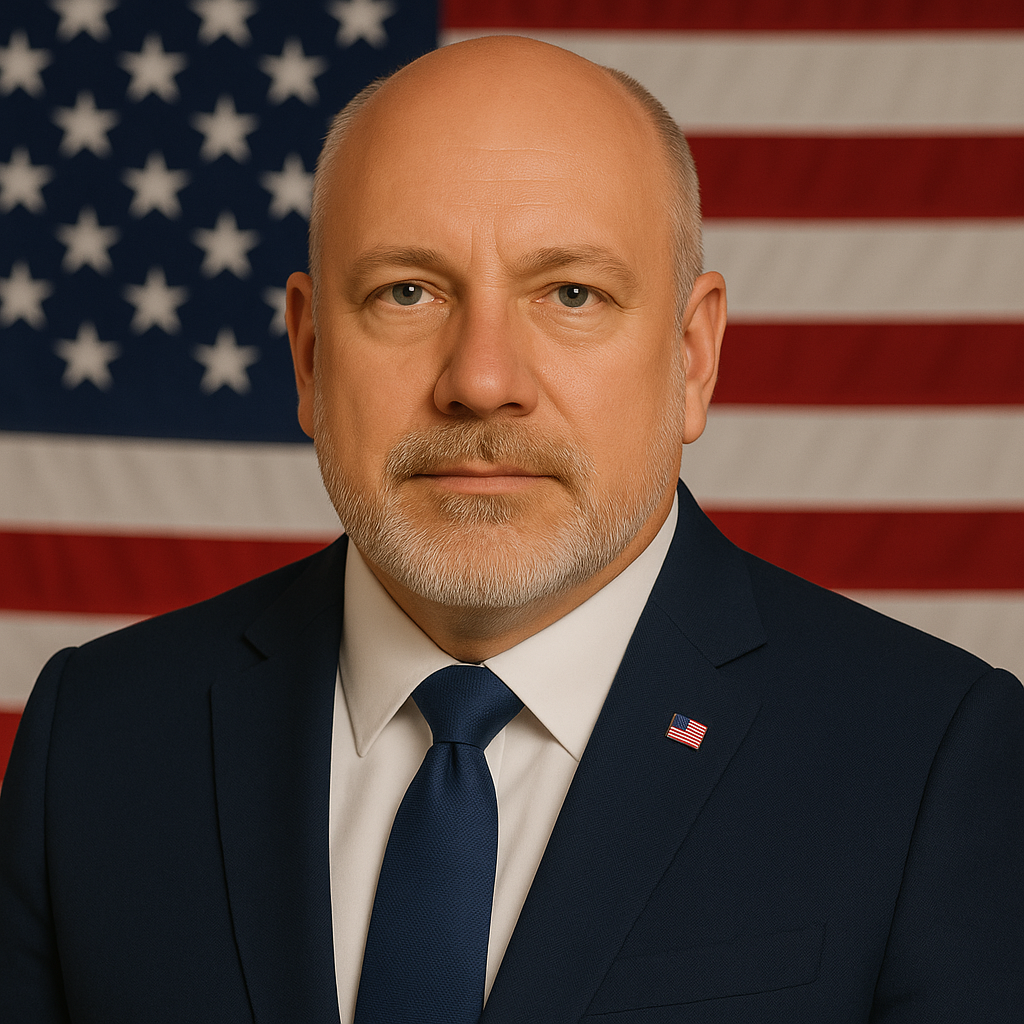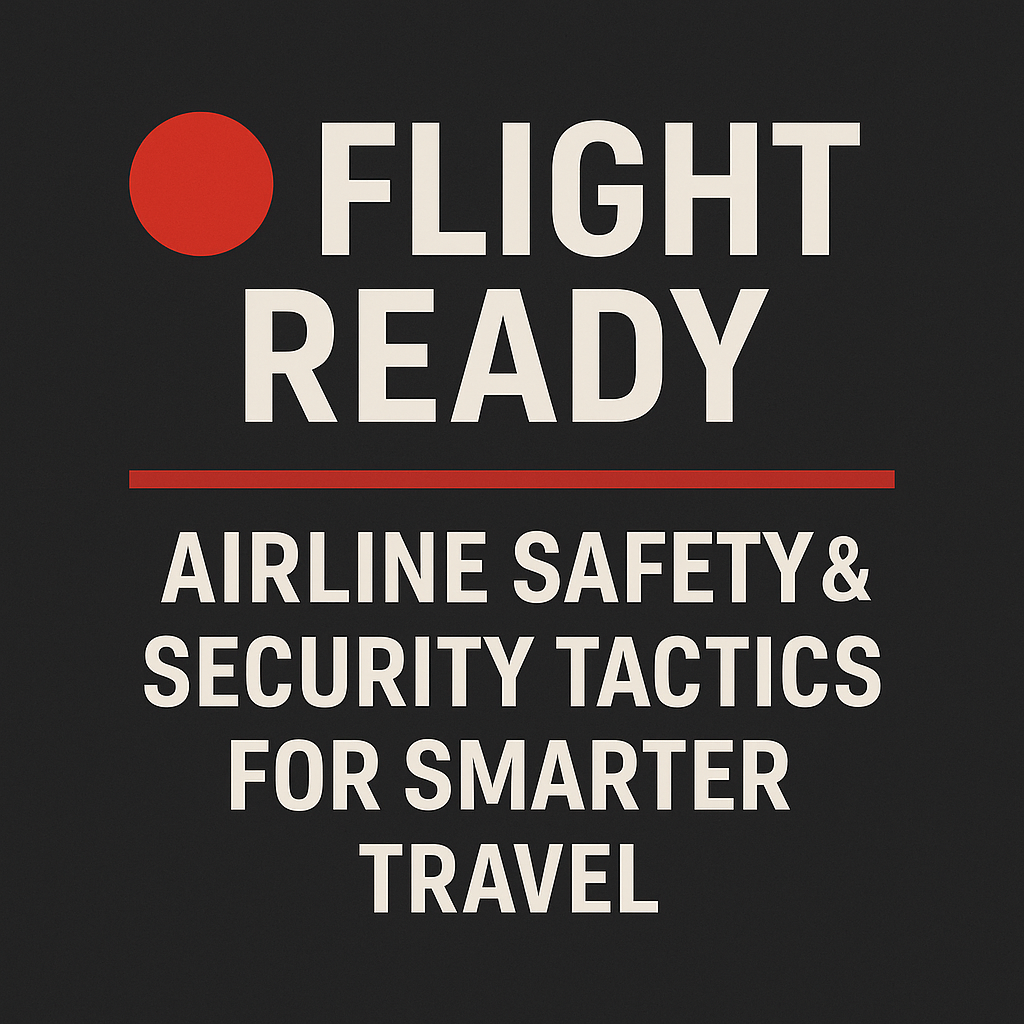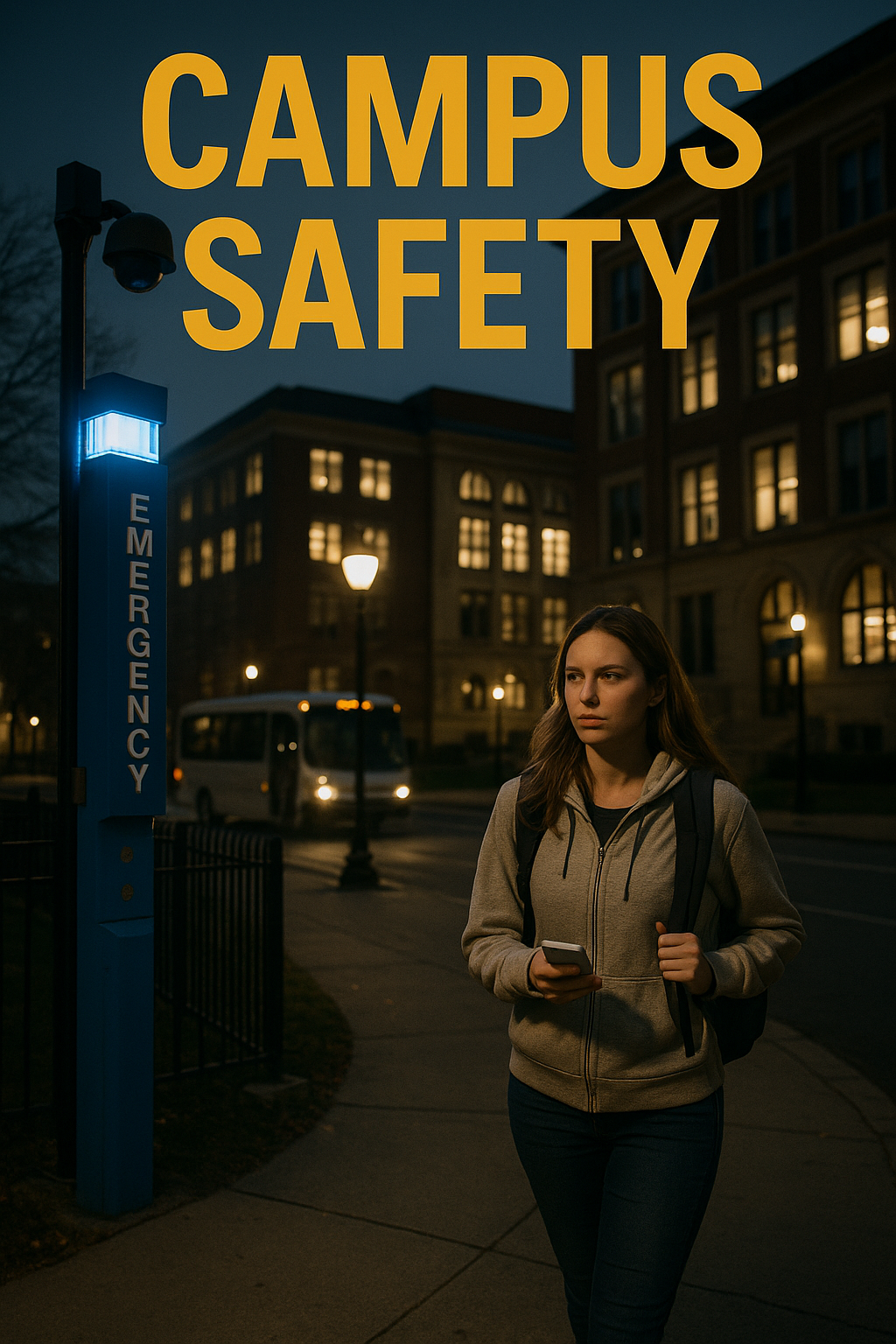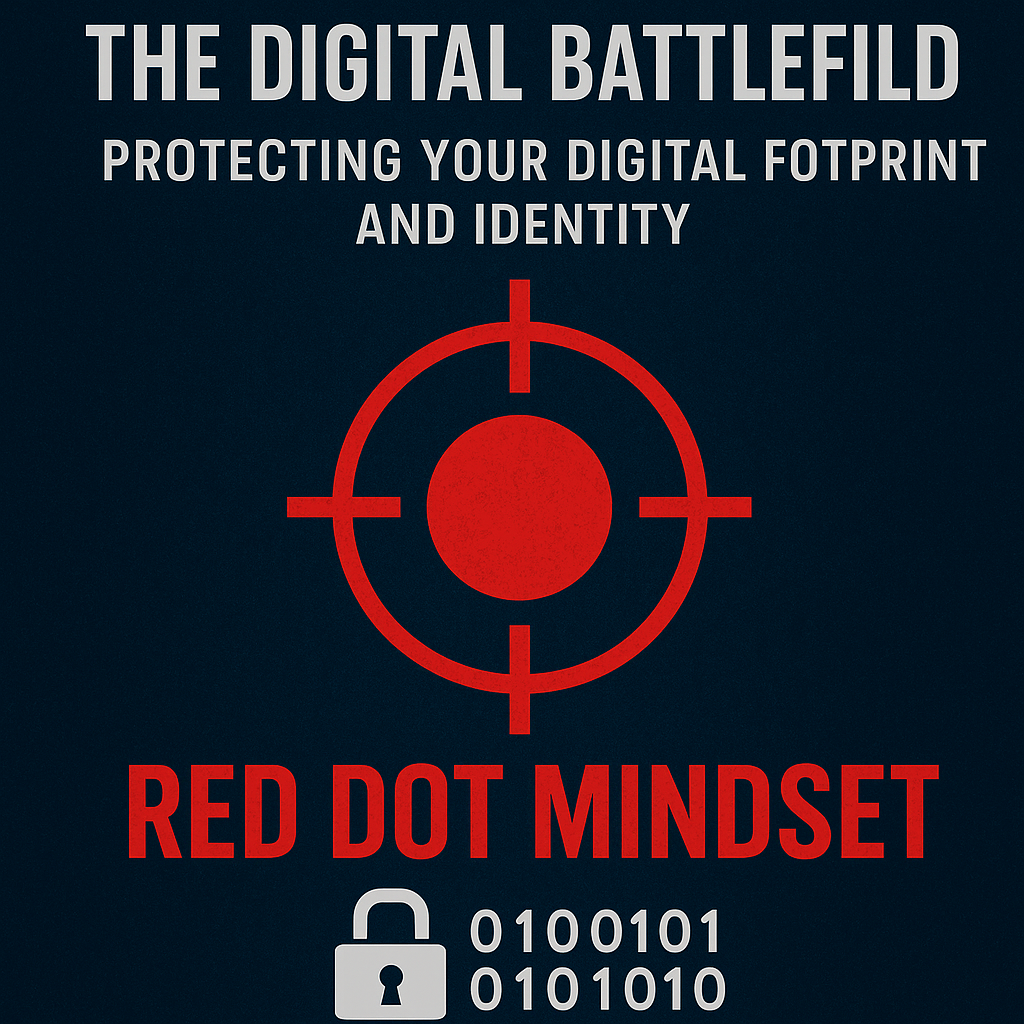Episode Transcript
[00:00:00] Speaker A: Let's face it, the thought of navigating airports and making sure your flight is safe, it can feel like a really complicated puzzle sometimes.
[00:00:08] Speaker B: It really can. From the moment you even think about your trip to when you finally land. There are just so many moving parts.
[00:00:13] Speaker A: Right. But what if feeling secure and, you know, prepared wasn't quite so daunting?
[00:00:20] Speaker B: Well, that's exactly what we're aiming for today. We've gone through official government resources, insights from aviation pros, CD seasoned travelers experiences to bring you this focused audio overview. Think government, flight safety and security, tsa, dhs, but woven together with just practical everyday travel safety tips.
[00:00:40] Speaker A: The goal being to give you a clearer picture, really make the whole journey smoother, more secure.
[00:00:44] Speaker B: Precisely.
[00:00:45] Speaker A: Okay, so we're going to walk through the whole timeline, basically from planning right up to arrival. Let's jump in. Starting before you even think about packing.
[00:00:53] Speaker B: Yeah. A really smart first step, honestly, especially if you fly, even just occursionally, is looking into those trusted traveler programs.
[00:01:00] Speaker A: Ah, right. TSA, PreCheck, Global Entry. Those ones.
[00:01:04] Speaker B: Exactly. They're run by the TSA and US Customs cbp. And they're designed for passengers who are pre screened, considered low risk.
[00:01:13] Speaker A: So they let you speed through security, basically. Is it just about saving time or is there more to it?
[00:01:18] Speaker B: Well, saving time is definitely a big plus. But it's also interesting how it fits into the bigger security picture. By pre vetting people who are unlikely to be a threat, it lets security focus their resources more effectively on, you know, potential higher risk situations.
[00:01:33] Speaker A: That makes sense.
[00:01:34] Speaker B: And for you, the traveler, it means a much smoother screening. Often no need to take off. Shoes, belts, light jackets, liquids and laptops can stay in your bag.
[00:01:43] Speaker A: Okay, there are fees involved though, right?
[00:01:45] Speaker B: Yes, there are enrollment fees. Usually somewhere between say $85 and $100. But honestly, many people find the time saved and the reduced hassle totally worth it. Even for just a couple of trips a year.
[00:01:56] Speaker A: Interesting perspective. It's not just convenience, it's part of the system. Yeah. Okay, so beyond those programs, what else? Pre trip?
[00:02:04] Speaker B: This one sounds almost too basic, but trust me, look up the airport terminal map before you leave home.
[00:02:09] Speaker A: Oh yeah, why is that so important?
[00:02:11] Speaker B: Think about some of those huge airports. Trying to navigate them blind, especially if you're rushed, is just stressful. A map helps you find your gate fast, locate food, restrooms, lounges.
[00:02:23] Speaker A: Yeah, true.
[00:02:24] Speaker B: Figure out how far you have to walk for a connection, even see where the security checkpoints are.
[00:02:29] Speaker A: I've definitely been lost in an airport before. Not fun. Where do you find these maps easily?
[00:02:35] Speaker B: Most official airport websites have them, often interactive ones. Airport guide apps are great too, like gate guru or lounge buddy.
[00:02:43] Speaker A: Okay.
[00:02:43] Speaker B: Google Maps even has indoor plans for a lot of major airports now. And sometimes the airline's own website, particularly for their hubs.
[00:02:50] Speaker A: Good tips. So once you find the map, save.
[00:02:52] Speaker B: It to your phone. That way you have it even if you lose signal. If you know your gate, pop it in your calendar and be realistic about connection times when booking. You really want like at least 30 minutes for domestic, maybe 60 to 90 plus for international. Always double check your gate when you check in. Things can change.
[00:03:09] Speaker A: And if you get lost anyway, just ask.
[00:03:11] Speaker B: Any airport staff member should be able to point you in the right direction. Don't wander around stressed.
[00:03:16] Speaker A: Okay, maps sorted. Now actual packing.
[00:03:20] Speaker B: Yeah.
[00:03:20] Speaker A: Any tips focused on security or just making things easier?
[00:03:23] Speaker B: Absolutely. The big one is pack light if you can. It just makes everything easier moving around. Less stuff for TSA to potentially inspect.
[00:03:31] Speaker A: Right.
[00:03:32] Speaker B: Keep your absolute essentials, meds, documents in your carry on. Easily reachable. And the 311 rule for liquids of.
[00:03:39] Speaker A: Course, still going strong. That one. 3.4 ounce bottles or less.
[00:03:42] Speaker B: Yeah, all fitting in one clear quart size bag. Keep that bag easy to grab.
[00:03:47] Speaker A: What about checked luggage? Any security thoughts there?
[00:03:50] Speaker B: Well, hard shell suitcases, especially those with built in TSA approved locks might offer a bit more security than ones. Or using your own external lock.
[00:03:59] Speaker A: Why is that?
[00:04:00] Speaker B: Because the TSA has master keys for those approved locks anyway. But honestly, the best advice is just don't pack anything super valuable in your checked bag. Period.
[00:04:10] Speaker A: Yeah, good point. Keep the valuables with you. Any clever packing tricks?
[00:04:15] Speaker B: Packing cubes are pretty popular. They help organize things and you can sometimes compress clothes a bit.
[00:04:20] Speaker A: I've heard about those.
[00:04:21] Speaker B: Rolling clothes instead of folding is another classic tip. Save space. Maybe it reduces wrinkles. And wear your bulkiest items like boots or a heavy coat on the plane. Don't pack them if you can avoid it.
[00:04:33] Speaker A: Makes total sense. Free up that suitcase space. What about staying, you know, comfortable and healthy?
[00:04:38] Speaker B: Hydration super important. Bring an empty reusable water bottle.
[00:04:43] Speaker A: Empty key point there for security.
[00:04:45] Speaker B: Exactly. Then fill it up at a fountain or filling station after you clear security saves money on expensive airport water. And plane cabins are incredibly drying. You need to drink water.
[00:04:54] Speaker A: Good reminder. And snacks. Airport food can be pricey.
[00:04:58] Speaker B: Oh definitely pack your own non perishable snacks. Things like protein bars, nuts, dried fruit are great. Healthy filling, easy to pack. Just be aware of any specific TSA rules about food though most Solid food is fine.
[00:05:13] Speaker A: And our tech, we all travel with phones, laptops.
[00:05:16] Speaker B: Right. Make sure everything's charged up before you go. And keep your devices easily accessible. TSA might ask you to turn them on.
[00:05:23] Speaker A: Okay.
[00:05:24] Speaker B: Download movies, music, books beforehand for entertainment. Pack your chargers, adapters. Maybe get one of those little electronics organizer pouches.
[00:05:31] Speaker A: Yeah, those are handy.
[00:05:32] Speaker B: And a portable charger, a power bank, lifesaver if you face delays or can't find an outlet.
[00:05:37] Speaker A: Crucial stuff. And the really crucial stuff, Passport, boarding pass.
[00:05:41] Speaker B: Keep them somewhere super accessible but secure, like an inner jacket pocket or a specific pouch in your carry on. Don't bury them.
[00:05:48] Speaker A: Digital copies too.
[00:05:49] Speaker B: Good idea. Yeah. Securely stored on your phone or cloud service as a backup.
[00:05:54] Speaker A: Yeah.
[00:05:54] Speaker B: And maybe a quick note on money. Airport ATMs, often not the best exchange rates. Maybe not the most secure place for withdrawals. Play ahead if you need cash.
[00:06:02] Speaker A: Okay, great. Pre trip checklist.
[00:06:05] Speaker B: Yeah.
[00:06:06] Speaker A: So now we're actually at the airport. Security is often the big stress point, right?
[00:06:10] Speaker B: It definitely can be. You can check estimated wait times beforehand. Apps like my TSA or Jet Hub, sometimes the airport website itself itself.
[00:06:18] Speaker A: But don't rely on those completely.
[00:06:20] Speaker B: Exactly. Always build in a buffer. Unexpected delays happen. And when you get to the security area, take a quick look around before joining a line.
[00:06:29] Speaker A: Why?
[00:06:30] Speaker B: Sometimes there are shorter lines tucked away. Maybe at a different entrance to the same checkpoint area. Don't just jump in the first one you see.
[00:06:37] Speaker A: Ah, interesting tip. And navigating the screening itself efficiently.
[00:06:41] Speaker B: Have a plan. Know where your liquids bag is. Know where your laptop or large electronics are. Have them ready to pull out quickly.
[00:06:48] Speaker A: Belts too, right? If they have metal.
[00:06:49] Speaker B: Yeah. Take off belts with big metal buckles. Saves you setting off the detector. And give yourself enough time. The standard advice is solid. Two hours before domestic, three for international.
[00:07:00] Speaker A: And watch your stuff in those bins.
[00:07:01] Speaker B: Absolutely. Keep an eye on your belongings as they go through the scanner and come out the other side. TSA isn't liable if something gets lost or stolen. Right there. And remember, empty that water bottle before you get to the checkbook point.
[00:07:14] Speaker A: Right. We mentioned bringing one empty. What about traveling with kids? That looks like it adds steps.
[00:07:19] Speaker B: It can. Yeah. If you have a stroller, the child comes out, the stroller gets folded and screened separately. You'll likely carry an infant through the metal detector.
[00:07:29] Speaker A: So patience is key.
[00:07:30] Speaker B: Definitely. Just be patient. Cooperate with the officers. Follow their instructions for scanners or pat downs. Let them know if you have any medical conditions they should be aware of.
[00:07:39] Speaker A: And after you're through, do a quick check.
[00:07:41] Speaker B: Wallet Phone, keys, laptop, passport. Make sure you've gathered everything before you walk away from the bins. It's easy to leave something in the rush.
[00:07:50] Speaker A: Good habit. What if something goes wrong at the airport? Big delay, lost bag.
[00:07:55] Speaker B: Sometimes hitting up the airline on social media, Twitter, Facebook can actually get you faster customer service than calling. Worth a try.
[00:08:02] Speaker A: Hmm, interesting.
[00:08:04] Speaker B: And like we said for frequent flyers, TSA PreCheck really does make that whole security part much, much faster.
[00:08:10] Speaker A: Okay, so we've surv security, now we're at the gate waiting to board. Anything to be aware of there.
[00:08:16] Speaker B: Well, keep in mind, gate agents are looking out for oversized carry ons or people trying to bring on too many bags.
[00:08:22] Speaker A: Trying to avoid those checked bag fees maybe.
[00:08:25] Speaker B: Right. Some people try arriving closer to actual boarding time, thinking there's less scrutiny. That's a bit risky though.
[00:08:32] Speaker A: Why risky?
[00:08:33] Speaker B: If they do single you out, you might have to check your bag right there. Maybe pay a fee. They might ask you to put it in that metal sizer bin. If you're worried, maybe discreetly check your bag in an empty size or at a nearby gate beforehand.
[00:08:45] Speaker A: Oh, sneaky. Is it true about agents sometimes get commissioned for checking bags?
[00:08:50] Speaker B: There have been reports suggesting that on some airlines. Yeah, it's something to just be aware of as part of the dynamic.
[00:08:56] Speaker A: Okay, what about the info at the gate? Delay announcements, boarding times. Always accurate.
[00:09:02] Speaker B: Not always. Perfectly up to the minute. Gate announcements are important, obviously, but it's smart to also check a flight tracking app like FlightAware or even just your phone's flight staff status feature for real time updates.
[00:09:14] Speaker A: Good backup. Can gate agents help with seat changes?
[00:09:18] Speaker B: Sometimes. If there are open seats and you ask politely. Well, before boarding starts, they might be able to help with simple changes, but they're busy and definitely not obligated to be discreet.
[00:09:29] Speaker A: And they have authority too, right? To deny boarding?
[00:09:32] Speaker B: Absolutely. If someone seems intoxicated, is being disruptive, unsafe? They have the authority and responsibility to deny boarding.
[00:09:40] Speaker A: Okay, important to remember, right? We're finally on the plane. Found our seat. Now can we relax? Put on headphones?
[00:09:46] Speaker B: Almost. But not during the safety briefing. Seriously, pay attention.
[00:09:50] Speaker A: Even if you've heard it a hundred times.
[00:09:52] Speaker B: Yes. Listen to the flight attendants. Look at the safety card in the seat pocket. Every plane is slightly different. That info could genuinely save your life. In an emergency, don't tune out, especially.
[00:10:03] Speaker A: If you're in exit row.
[00:10:04] Speaker B: Definitely. You get a special briefing about operating that door. You need to understand that responsibility.
[00:10:09] Speaker A: Okay, message received. Safety briefing is crucial.
[00:10:12] Speaker B: Seatbelts, keep it fastened. Always even if the sign is off, unexpected turbulence is a real thing and it can cause serious injuries if you're not buckled in.
[00:10:22] Speaker A: Good point.
Anything else for comfort or safety on board?
[00:10:25] Speaker B: Dress comfortably, Maybe in layers. Cotton is good. Probably best to avoid high heels. Not practical in an evacuation.
Know where your nearest exits are. Check for those floor lights. Keep hydrating with that water bottle you brought. Maybe you limit alcohol. Coffee, tea. They can dehydrate you. And alcohol hits harder at altitude anyway, right?
[00:10:47] Speaker A: What about the oxygen masks?
[00:10:48] Speaker B: If they drop, secure your own mask first. Oh, always. Before you try to help anyone else, even your child. You can't help if you're unconscious.
[00:10:55] Speaker A: Okay. And if worst case, there's an evacuation.
[00:10:58] Speaker B: Follow true instructions immediately and leave your stuff behind. Seriously, Getting your bag is not worth delaying the evacuation.
[00:11:04] Speaker A: Got it. Any other comfort tips for the flight itself?
[00:11:07] Speaker B: Noise canceling headphones can make a huge difference. Pack those snacks. We talked about a travel pillow for neck support. Maybe compression socks on a long flight.
[00:11:17] Speaker A: To help with swelling and keeping things secure on board.
[00:11:20] Speaker B: Yeah, just be mindful. Keep valuables close. Maybe not in the overhead bin. If you're sleeping onboard. Theft, while rare, can happen.
[00:11:27] Speaker A: Okay, flight's done. We've landed. What about safety upon arrival?
[00:11:32] Speaker B: Especially if you're somewhere unfamiliar? Think about your ground transportation before you land. If possible, arrange a pickup with a licensed, reputable company.
[00:11:40] Speaker A: Avoid just hopping in any car.
[00:11:42] Speaker B: Definitely avoid unlicensed rides or hitchhiking. If using taxis or ride shares, maybe do a quick search for reputable local options. App based services are often good because there's a record of the ride and general awareness. Yeah, just be aware of your surroundings. Especially in crowded spots like baggage claim or public transport hubs. Pickpocketing can be an issue.
[00:12:02] Speaker A: Speaking of baggage claim, any tips for spotting your bag?
[00:12:06] Speaker B: Make it stand out. Use colorful tags. Maybe tie a bright ribbon on the handle, Something to help you spot it easily on the carousel.
[00:12:13] Speaker A: Good idea. What if the flight was really delayed or canceled?
[00:12:16] Speaker B: Know your rights. Depending on where you are, like under EU261 rules in Europe or similar regulations elsewhere, you might be entitled to compensation or assistance worth looking into if it happens.
[00:12:28] Speaker A: Wow, that was incredibly comprehensive. A really thorough deep dive into making air travel safer and less stressful.
[00:12:36] Speaker B: That's the aim.
[00:12:37] Speaker A: So if there's one key takeaway for.
[00:12:38] Speaker B: Everyone listening, I think the main message is just that being informed and prepared really makes a difference at every single stage. Planning at the airport, on the flight, arriving, taking these steps can seriously boost your safety. Cut down on stress and just lead to a much better, more secure travel experience overall?
[00:12:56] Speaker A: Absolutely. So maybe for you listening, think about just one or two things we talked about today. Which pre trip step could make your next airport visit smoother? Or maybe how? Could paying full attention during that safety briefing really benefit you?
[00:13:09] Speaker B: Exactly. And remember, while these tips cover a lot, travel safety is always evolving. So stay curious, keep learning, stay informed for all your trips to come.




